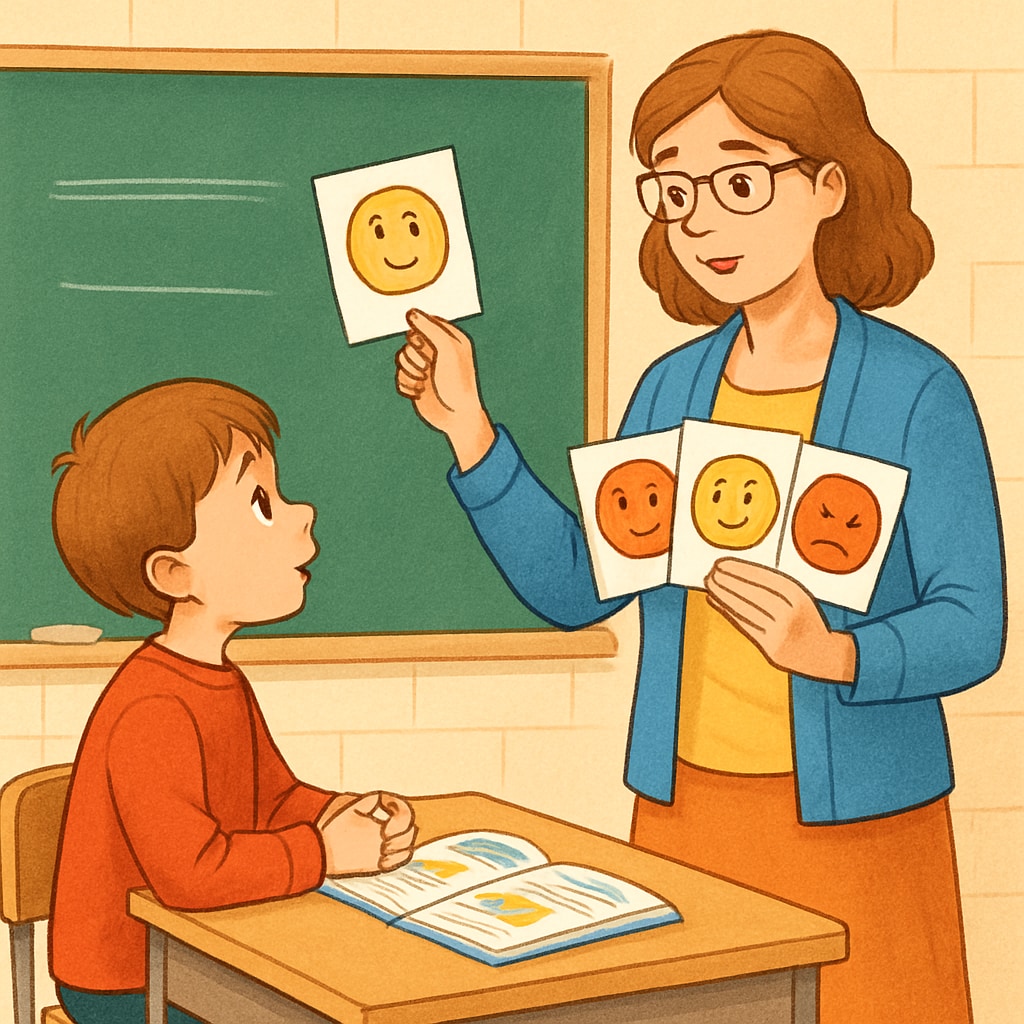In the journey of childhood, emotional education plays a pivotal role in shaping a child’s ability to manage their emotions and navigate social situations. By fostering emotional awareness, children can develop skills essential for their personal and social development. Emotional education, children’s development, and emotional management are interconnected elements that influence a child’s journey to becoming a balanced and resilient individual.
The Importance of Emotional Education in Childhood
Emotional education refers to the systematic teaching of emotional awareness, expression, and regulation. It is not merely about controlling outbursts of anger or sadness; rather, it equips children with the tools to understand their feelings, empathize with others, and make thoughtful decisions in response to emotional challenges. Without this foundation, children may struggle to form healthy relationships or cope with stress in their adult lives.
According to studies, emotions have a profound impact on cognitive development, particularly in areas like memory retention and decision-making. For children, the ability to recognize and name their feelings is the first step in learning how to process them. This skill not only helps during their formative years but also sets the stage for their emotional intelligence later in life.

How Emotional Education Influences Healthy Development
A child’s emotional development is deeply intertwined with their overall growth, including physical and cognitive aspects. For example, when children learn to manage frustration, they are less likely to engage in harmful behaviors and more likely to develop adaptive coping strategies. In addition, emotional education supports the development of empathy—a critical component for building meaningful connections with others.
Moreover, emotional education can enhance academic performance. Research indicates that children who are emotionally aware demonstrate better focus, improved problem-solving skills, and higher resilience against setbacks. These traits are invaluable not only in school but also in their eventual professional lives.
Parents and educators can play a significant role in promoting emotional education. Simple activities, such as practicing mindfulness or discussing emotions through storytelling, can create a supportive environment where children feel safe expressing themselves.

Practical Strategies for Implementing Emotional Education
Here are some actionable steps for parents, caregivers, and educators to incorporate emotional education into a child’s daily life:
- Model Emotional Awareness: Demonstrate healthy emotional expression and management in your interactions. Children learn by observing adults.
- Encourage Open Communication: Create a non-judgmental space where children feel comfortable sharing their feelings.
- Use Tools and Activities: Leverage tools such as emotion cards, mood journals, or interactive apps to teach emotions in a fun and engaging way.
- Integrate Emotional Discussions: Use books, movies, or real-life situations as opportunities to discuss emotions and appropriate responses.
- Practice Empathy: Teach children to consider others’ perspectives to foster social-emotional skills.
These strategies can be tailored to suit the individual needs of each child, ensuring that emotional education is both effective and meaningful.
The Long-Term Impact of Emotional Management
When children master emotional management, they are better equipped to face the complexities of adulthood. Emotional intelligence, which encompasses self-awareness, empathy, and interpersonal skills, is increasingly recognized as a predictor of success in both personal and professional domains. For example, emotional intelligence has been linked to leadership abilities, workplace collaboration, and conflict resolution.
Furthermore, emotional education contributes to mental health. Children who understand and regulate their emotions are less likely to experience anxiety or depression later in life. As a result, they can enjoy more fulfilling relationships and pursue their goals with confidence.
In conclusion, emotional education is not just an optional aspect of childhood; it is a necessity for holistic development. By prioritizing emotional awareness, we can empower children to navigate life’s challenges with resilience and empathy, ensuring their healthy growth and future success.
Readability guidance: This article balances detailed explanations with actionable insights, focusing on short paragraphs and concise sentences to enhance readability. Key points are summarized in a bulleted list, and transitional phrases are used to ensure a seamless flow of ideas.


